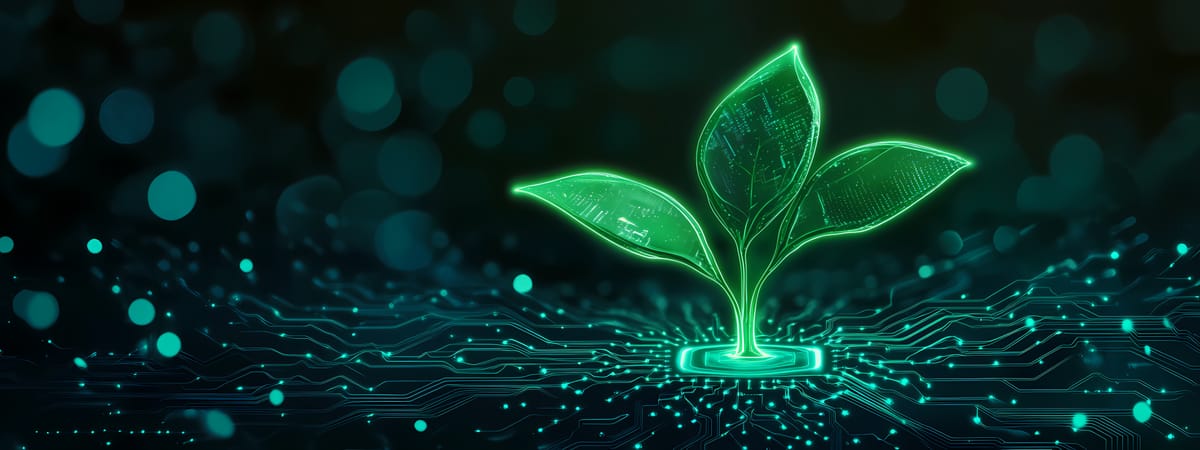The Living Knowledge System: Why Intellectual Capital is the Ultimate Resource
In today’s evolving tech landscape, the true measure of wealth is increasingly found in the knowledge we possess.

In today’s rapidly evolving technological landscape, the true measure of wealth is increasingly found in the knowledge we possess and utilize. We are now entering an era where intellectual capital is seen as the ultimate resource, akin to a thriving ecosystem. This shift represents a significant transformation in how we perceive and leverage information.
The Value of Intellectual Capital in a Living Knowledge System
The concept of knowledge as a valuable resource has been pivotal in reshaping both industries and individual lives, much like how ecosystems evolve and adapt. Consider tech giants like Google and IBM, which have harnessed their extensive knowledge bases to drive innovation and maintain a competitive edge. Google’s success, for example, is largely due to its ability to organize and monetize vast amounts of information available online. Similarly, IBM’s investment in research and development has kept it at the forefront of technological advancements.
The impact of valuing knowledge extends beyond large corporations. Entrepreneurs who have built successful ventures based on their specialized knowledge offer compelling examples. Tim Ferriss, author of “The 4-Hour Workweek,” leveraged his expertise in productivity and lifestyle design to create a brand that has influenced millions. His journey underscores the immense value that can be derived from recognizing and monetizing one’s intellectual capital.
Assess Your Own Knowledge Capital
Understanding the value of your own intellectual capital requires a thorough assessment of how you currently utilize and value your knowledge. Consider the following self-assessment:
Knowledge Value Self-Assessment
- Identify Your Expertise:
- What are the areas you feel most knowledgeable about?
- How often do you use this knowledge in your daily life or work?
2. Evaluate Your Impact:
- How has your expertise contributed to your personal or professional growth?
- Have you shared this knowledge with others, and if so, what was the impact?
3. Consider Monetization:
- Have you ever thought about ways to monetize your knowledge?
- What obstacles have you encountered in attempting to do so?
Insights:
Finding ways to expand and monetize your expertise can be highly beneficial. It may require a shift in mindset to recognize and use your knowledge as a valuable asset. Start by identifying your strengths and exploring ways to integrate them into your personal or professional life, or as an alternative means of income.
Embracing the Living Knowledge System
As we advance further into this era where knowledge is a living system, the ability to harness and appreciate intellectual capital will become increasingly crucial. Whether you are an industry leader, an entrepreneur, or an individual seeking to make an impact, understanding and utilizing your knowledge can unlock new opportunities and innovations.
The value of knowledge lies not just in acquiring it but in effectively using and sharing it. By recognizing the potential of your intellectual capital and taking steps to assess and expand it, you contribute to a broader ecosystem of knowledge that benefits everyone.
This age of intellectual richness offers significant opportunities. Your knowledge is not just a personal asset but a resource that can drive progress, inspire change, and create opportunities. Understanding and leveraging your intellectual capital is essential in this new era of knowledge.


